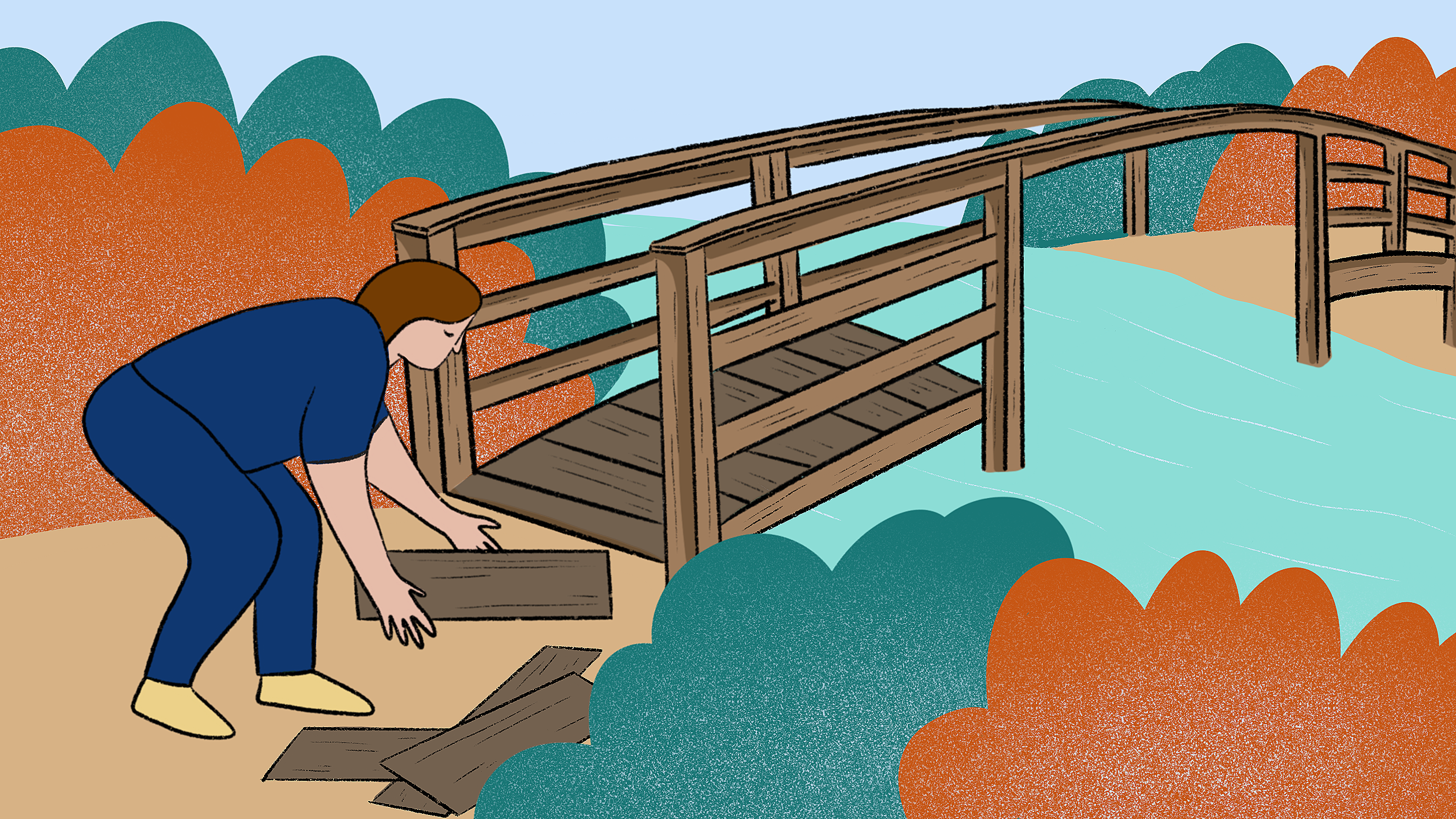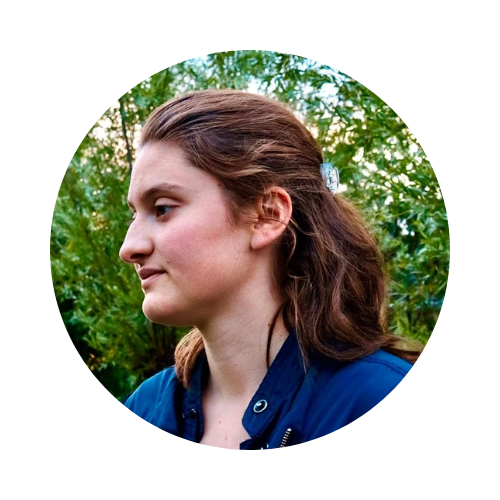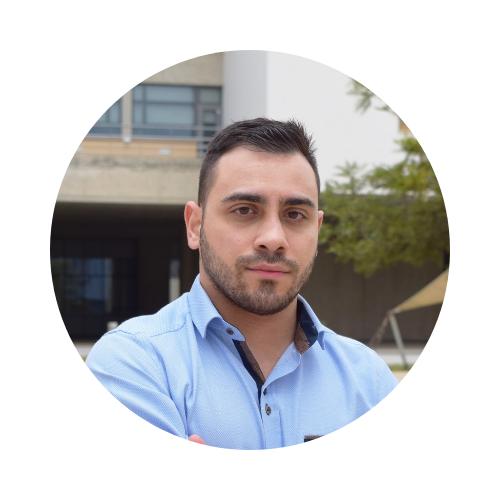
Illustration by Daniela Nunes
The EU, young people and conflict
by European Young Journalists: Daria Yune Elizarrarás Veenstra, Maro Samara and Yiannos Christoforou
European co-operation started after one of the most recognised historical conflicts in Europe, the Second World War. The establishment of the European institutions was a step towards healing a collective trauma and a start in constructing a more peace building society. Since then a lot has changed, but our society today is not yet unfamiliar to the concept of crisis and conflict. The environmental crisis, Covid-19 or the invasion of Ukraine are some of the most recent and serious examples that have threatened and continue to threaten today’s world. Consequentially triggering other conflicts in different structures and levels of society. Young people
The EU has developed various direct and indirect mechanisms that try to give young people many democratic tools and opportunities to shape their future, get current support and help in the creation of a sustainable community amongst youth. Take a journey with us and learn about young people and conflict and how the EU contributes to the topic.
 Understanding conflict through EU values
Understanding conflict through EU values
 So, what is the role of the EU?
So, what is the role of the EU?
Growing up, young people experience various forms of conflict, and are disproportionately affected by it. Some might live in areas or surroundings where conflict is occurring or has just ended, others may be forcibly recruited into armed groups, suffer from displacement, lack access to education and employment opportunities, and experience trauma and other mental health challenges. These situations cause an impact on youth by undermining sources of stability and belonging and by interfering with their maturing processes (for example by interfering with young people's education, eroding social support systems, and ruining their prospects for employment).
In the summer of 2020 the Council of the European Union made clear that they were committed to supporting young people's participation in decision making and in roles that they can play in preventing conflict. This is also visible in the Council Conclusions on the role of youth in external action which stated that
investing in, and working with, by and for youth, is of paramount importance to build stronger, more legitimate, peaceful and democratic societies, where human rights and the rule of law are respected and where no one is left behind”.
The European Union thus plays a significant role in addressing the challenges facing youth in conflict. One key area is through its support for conflict prevention and resolution efforts. This can involve providing funding for peace building initiatives, promoting dialogue and reconciliation, and working to address the root causes of conflict. To foster the development of a more peaceful society, there are also attempts to provide young people with opportunities for active participation and leisure time activities, such as education and vocational training opportunities, promoting access to healthcare and social services, and creating opportunities for youth to participate in decision-making processes.
 The basis of youth-led sustainable, peace building in EU
The basis of youth-led sustainable, peace building in EU
The youth-oriented sustainability and peace building in the EU is ensured and led by the EU Youth Strategy. It is about engaging, empowering and connecting youths on active participation and policymaking contributions. The Strategy is based on several instruments, such as mutual learning activities, Future National Activities Planners, EU Youth Dialogue and EU Youth Strategy Platform. Currently, the EU Youth Strategy Action Plan is activated for the 2019-2027 period. 2022 was the European Year of Youth highlighting the importance of young people to be given the space to build a better, sustainable and peaceful future. Unfortunately, 2022 was also marked by the invasion in Ukraine triggering a domino different crises. A full scale conflict had reached the EU. The European Year of Youth's legacy is still being estimated, but one of the most important initiatives taking part was the adoption of the Youth Action Plan in EU External Action to strengthen engagement with young people worldwide for 2022-2027. This is the first-ever policy framework for a strategic partnership with young people around the world to build a more resilient, inclusive and sustainable future. Together, young people and the EU have shown that the conflict doesn’t need to be occurring in our house for us to care and take action.
 Why youth work?
Why youth work?
As it is described
[Youth work] is a broad term covering a large scope of activities of a social, cultural, educational or political nature both by, with and for young people.
It is clear that youth work is not a part of the conventional educational matrix. It is based on non-formal educational practices which are often designed and executed by voluntary youth workers.
Conflict and its negative consequences for younger generations might bring along several difficulties. Nonetheless, with the right support we can always foster a resilience that has the potential to bloom into stronger, kinder and more caring youth communities.
 Now what?
Now what?
We are aware that we do not exist in an ideal world, with our generation currently living in a perfect version of Europe. Nevertheless, while conflict is often an inherent part of our lives, we simultaneously become part of the solution.
Conflicts are always present and deeply interwoven with everyday life, making it crucial to continuously address these in a variety of ways. As discussed, the European Union plays a vital role in promoting peace and stability for youth in conflict zones. Through their various initiatives, there has been continuously developing action towards reducing the impact of conflict on young people's lives.
Overall, the EU must continue to place a high priority on youth development and conflict resolution while carrying the responsibility of how it is implemented. And we, as youth, have the responsibility of making use of these tools. Forging our way towards our collective goal of creating a more peaceful and prosperous future.
 References
References
BBC, EU Comission: What is it and what does it do? https://www.bbc.com/news/world-europe-48963555, accessed 12 April 2023.
European Union, History of the European Union 1945-59, https://european-union.europa.eu/principles-countries-history/history-eu/1945-59_en, accessed 14 April 2023.
Council of Europe, T-Kit 12: Youth Transforming Conflict, October 2012, https://pjp-eu.coe.int/documents/42128013/47261899/T-Kit12_EN.pdf/9791dece-4a27-45e5-b2f1-b7443cb2125b?t=1384858698000 accessed 13 April 2023.
Cambridge Dictionary, Conflict, https://dictionary.cambridge.org/dictionary/english/conflict accessed on 14 April 2023.

Daria is member of the pool of European Young Journalists 2023, writer, part-time marketing intern and full-time climate activist.

Maro is part of the pool of the European Young Journalists 2023 writing content for the European Youth Portal.

Yiannos is enthusiastic about the European Union, enjoys traveling, and loves creating engaging infographics to convey information effectively.


